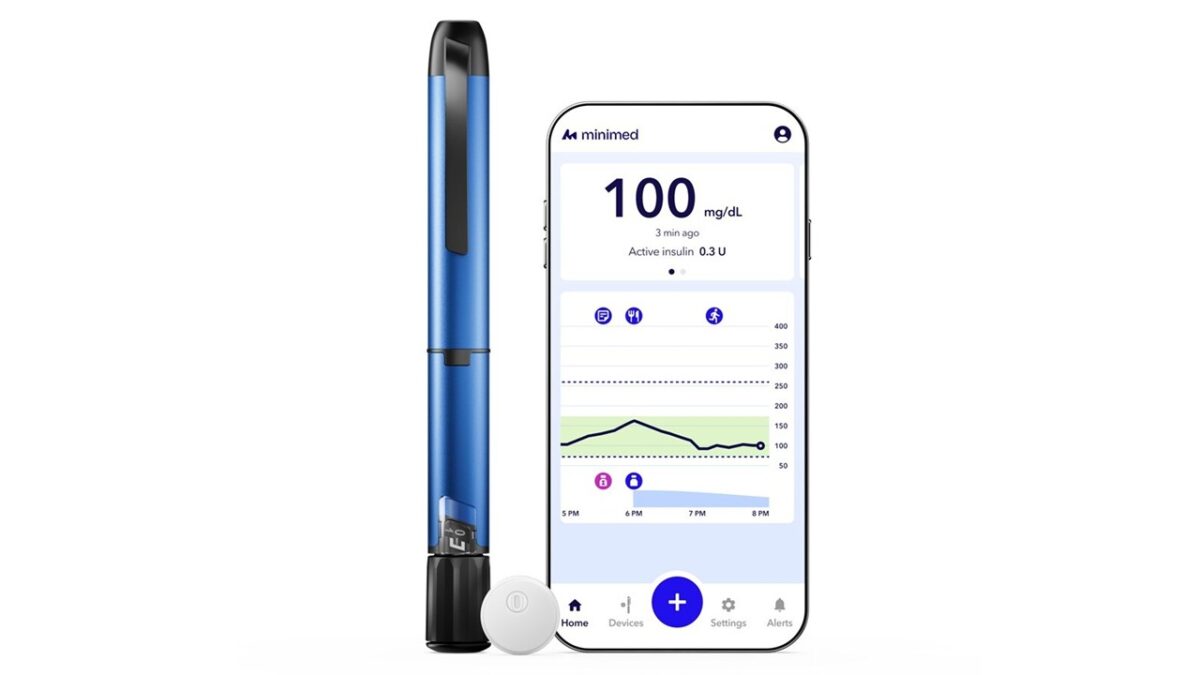The FDA has approved Eli Lilly’s Omvoh (mirikizumab-mrkz) for the treatment of adults with moderate-to-severe Crohn’s disease. This marks its second FDA nod since its October 2023 approval as a first-in-class treatment for moderately to severely active ulcerative colitis (UC) in adults.
With the approval, Omvoh becomes one of the few therapies indicated for both major forms of inflammatory bowel disease (IBD): UC and Crohn’s disease.
The approval broadens Omvoh’s clinical application beyond UC, offering a new therapeutic option for patients with Crohn’s disease, the second major type of IBD.
Crohn’s disease is a chronic and often progressive condition characterized by inflammation of the gastrointestinal tract, leading to symptoms such as abdominal pain, diarrhea, fatigue and weight loss.
According to the US Centers for Disease Control and Prevention (CDC), IBD affects an estimated 2.4 to 3.1 million people in the US, with many requiring advanced therapies to achieve disease control.
While existing treatments, including corticosteroids, immunosuppressants and biologics, have improved disease management, many patients experience suboptimal responses or treatment-related side effects. Omvoh’s targeted mechanism of action offers a promising alternative for those who have not responded adequately to other therapies.
XTALKS WEBINAR: Overcoming Challenges in Clinical Trial Completion
Live and On-Demand: Wednesday, March 19, 2025, at 10:30am EDT (3:30pm CET/EU-Central)
Register for this free webinar to gain insights into addressing the issues related to accurate and timely data collection from diverse sites and more.
“People living with Crohn’s disease have shared with us how truly disruptive symptoms such as abdominal pain, frequent bowel movements and bowel urgency can be,” said Daniel M. Skovronsky, MD, PhD, chief scientific officer, and president of Lilly Research Laboratories and Lilly Immunology, in the news release.
“With Omvoh approved in both Crohn’s disease and ulcerative colitis, more patients now have a treatment option that may provide long-term disease control and address key symptoms that matter most to them.”
Omvoh is a monoclonal antibody that selectively targets the p19 subunit of interleukin-23 (IL-23), a key cytokine implicated in the inflammatory pathways underlying IBD. By inhibiting IL-23, Omvoh helps reduce inflammation and maintain clinical remission for effective long-term management of Crohn’s disease.
Omvoh’s approval was supported by data from the randomized, placebo-controlled Phase III VIVID-1 study that enrolled adults with moderately to severely active Crohn’s disease who had an inadequate response, loss of response or intolerance to corticosteroids, immunomodulators and/or biologics (TNF blockers, integrin receptor antagonists).
Results from the study showed that 53% of patients treated with Omvoh achieved clinical remission at one year compared with 36% who received placebo.
Additionally, at one year, 46% of patients administered Omvoh had visible healing of the intestinal lining versus 23% who got placebo.
Early improvement in endoscopic response, defined by visible healing of the intestinal lining, was achieved in 32% of patients treated with Omvoh versus 11% on placebo at three months.
Patients randomized to placebo who did not achieve clinical response by patient-reported outcome at 12 weeks were switched to Omvoh treatment (amounted to 40% of placebo patients).
Among patients who achieved an endoscopic response after one year in the VIVID-1 study, over 80% sustained this response with an additional year of treatment, completing two years of continuous therapy. Similarly, nearly 90% of patients who achieved both clinical remission and endoscopic response at one year maintained clinical remission after another year of treatment, for a total of two years of continuous therapy.
Related: FDA Approves Dong-A ST’s Imuldosa (Ustekinumab), a Stelara Biosimilar
In its announcement, Lilly said Omvoh is the first biologic in over 15 years to launch with two years of Phase III efficacy data for Crohn’s disease.
Omvoh is also being studied in the ongoing, open-label extension (OLE) VIVID-2 study evaluating its efficacy and safety for up to three years in adults with moderately to severely active Crohn’s disease.
Omvoh will be facing some tough rivals in the Crohn’s arena, including J&J’s Stelara (ustekinumab) and AbbVie’s blockbuster pair of Skyrizi (risankizumab‐rzaa), a fellow IL-23 inhibitor, and JAK inhibitor Rinvoq (upadacitinib).
Major pharma players have been expanding their anti-inflammatories like Skyrizi into the gastrointestinal space.
Since its 2023 approval, Omvoh’s sales have been decent at $41 million in the third quarter, falling short of Lilly’s 2024 expectations. However, it outlined its growth potential in its recently released revenue guidance. Lilly will be sharing its complete 2024 financials on February 6.
Lilly said it has submitted marketing applications for Omvoh in Crohn’s disease around the world, including in the European Union (EU) and Japan, with plans for additional global regulatory submissions. Omvoh is currently approved in 44 countries for UC.
If you want your company to be featured on Xtalks.com, please email [email protected].












Join or login to leave a comment
JOIN LOGIN